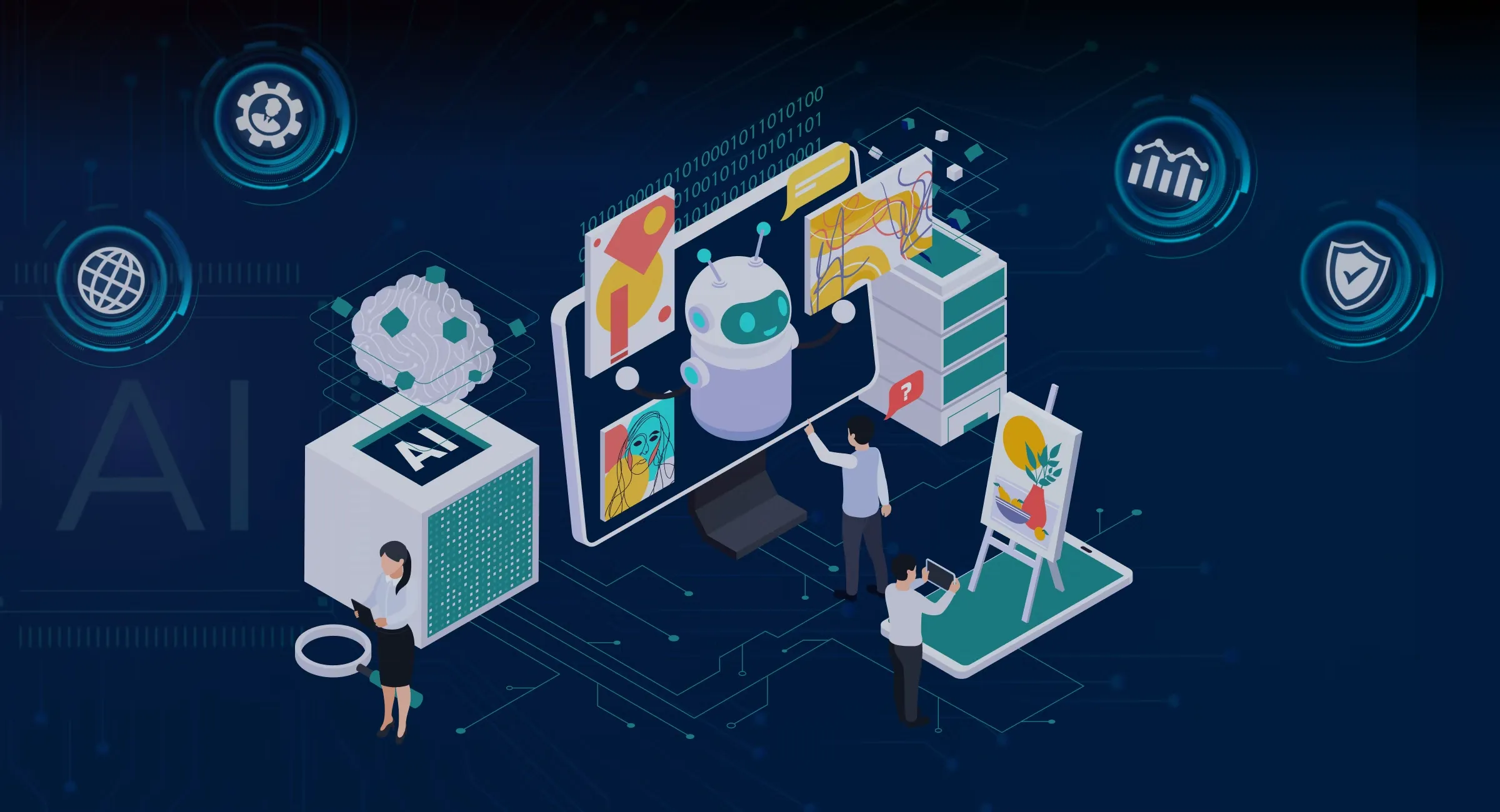In the dynamic landscape of the modern business world, automation and artificial intelligence (AI) are no longer just buzzwords; they are critical components driving efficiency, innovation, and competitive advantage. By leveraging these technologies, businesses can streamline operations, enhance decision-making, and deliver superior customer experiences. This content delves into the transformative impact of business automation and AI, exploring their benefits, applications, and future trends.
The Power of Business Automation
Business automation refers to the use of technology to perform repetitive tasks, streamline workflows, and manage complex processes with minimal human intervention. The benefits of automation include:
Increased Efficiency: Automation reduces the time and effort required to complete tasks, allowing employees to focus on higher-value activities.
Cost Savings: By minimizing manual labor and reducing errors, businesses can significantly cut operational costs.
Consistency and Accuracy: Automated processes ensure tasks are performed consistently and accurately, improving overall quality and reliability.
Scalability: Automation solutions can easily scale to accommodate business growth without a proportional increase in costs.
Applications of Business Automation
Customer Service: Chatbots and virtual assistants provide 24/7 support, handle routine inquiries, and escalate complex issues to human agents.
Marketing Automation: Tools like email marketing platforms and social media schedulers automate campaign management, lead nurturing, and performance tracking.
Finance and Accounting: Automated systems streamline invoicing, expense reporting, and financial analytics, reducing manual errors and speeding up processing times.
Human Resources: Automation in HR includes applicant tracking systems, payroll processing, and employee onboarding workflows.
The Rise of Artificial Intelligence
AI involves the development of systems capable of performing tasks that typically require human intelligence, such as understanding natural language, recognizing patterns, and making decisions. AI's capabilities are enhancing business processes in profound ways:
Data Analysis and Insights: AI-powered analytics can sift through vast amounts of data to identify trends, predict outcomes, and provide actionable insights.
Personalization: AI enables personalized customer experiences by analyzing behavior and preferences to deliver tailored recommendations and communications.
Automation Enhancement: AI enhances traditional automation by incorporating machine learning and cognitive capabilities, allowing systems to adapt and improve over time.
Key AI Applications in Business
Predictive Analytics: AI models forecast future trends, customer behavior, and market developments, enabling proactive decision-making.
Natural Language Processing (NLP): NLP drives innovations like sentiment analysis, automated content generation, and advanced chatbots capable of nuanced interactions.
Computer Vision: AI systems analyze visual data for applications in quality control, security, and inventory management.
Robotic Process Automation (RPA): RPA uses AI to automate rule-based tasks across various business functions, from data entry to compliance checks.
Future Trends and Considerations
As businesses continue to adopt and integrate automation and AI, several trends and considerations are emerging:
Ethical AI: Ensuring AI systems are transparent, fair, and accountable to prevent biases and ethical dilemmas.
Integration with IoT: Combining AI with the Internet of Things (IoT) to enhance real-time data processing and decision-making capabilities.
AI in Cyber security: Leveraging AI to detect and respond to security threats proactively.
Workforce Transformation: Preparing the workforce for changes by reskilling employees and promoting a culture of continuous learning.
Conclusion
Business automation and AI are revolutionizing the way companies operate, providing























































































































































































































































































































































































































